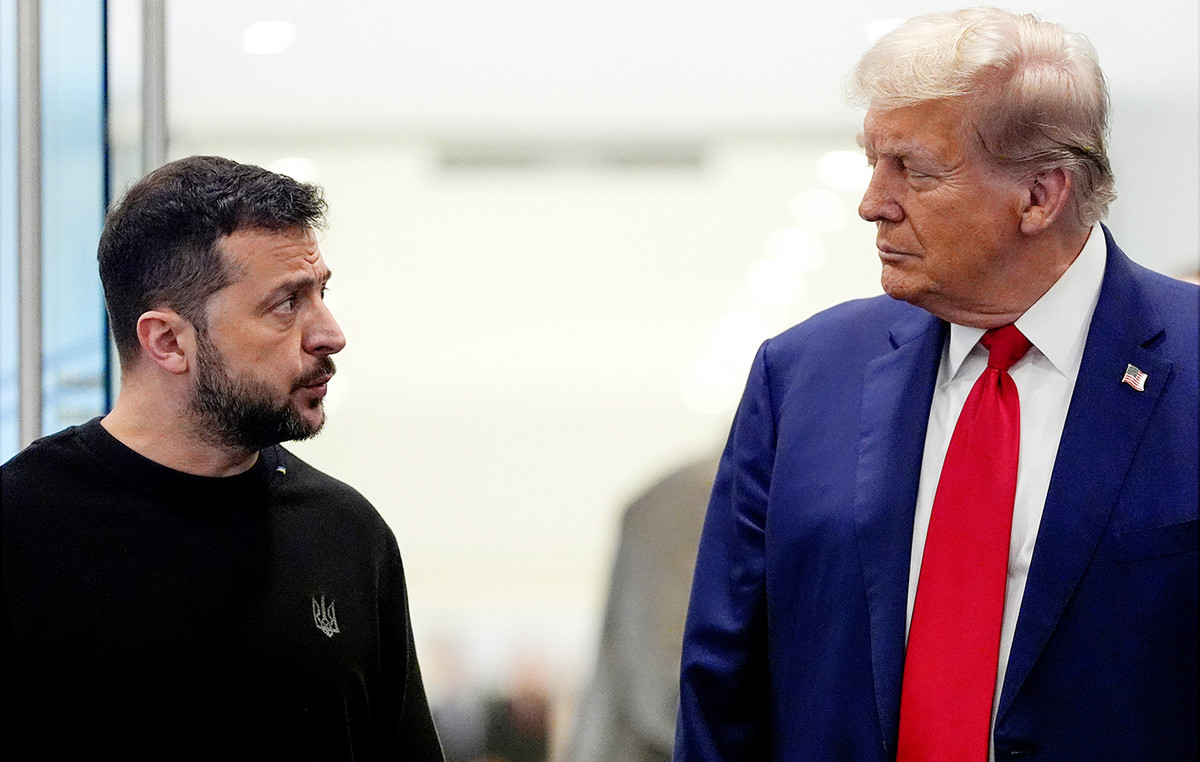This article on global inequality is published in issue 41 of Vanity Fair on newsstands until 8 October 2024.
At the recent annual UN assembly in New York, the focus was mainly on war, but the Spanish branch of the NGO Oxfam also tried to impose the issue of global inequality. Is there a connection between the two things? In the activity of Oxfam, which has been presenting reports on the subject for years, it seems so.
In an era of «global oligarchy», where 1% of the population has more wealth than 95%there can be no peaceful coexistence, tensions are inevitable. Countries in the Global South represent 79% of the population but have only 31% of wealth. The rich won is the title of the journalist’s new book Riccardo Staglianò for Einaudi, who explains how in the United States and Europe reduced income taxes, the absence of real wealth or inheritance taxes and weakened unions have left the poorest without prospects while the richest got even richer.
The data from the OECD countries, the industrialized ones of which Italy is part, tell us that assets are much more concentrated than income: if wealth accumulates and is invested, it will generate more wealth and new inequalities.
So is inequality increasing? If we look only at Europe and the United States, we would say yes, even if not much in Italy: in our country the Gini index which measures income inequality has risen and then fallen in recent yearsthe latest available data (2021) is 38.8, approximately the same level as 2010.
On a global level, however, inequality has collapsed in the years of globalization: the Gini index went from over 70, at the beginning of the nineties, to just over 60, the growth rate of the incomes of the poorest 5% of the population was seven times greater than that of the incomes of the bottom 1% rich (in the decade 2008-2018). How do you explain it? With the phenomenal growth of China and Indiathanks to their entry into world trade since the 2000s: globalization has created tensions and traumas, especially within Western countries which have seen secure jobs and incomes in industry disappear, but has lifted hundreds of millions of Chinese out of poverty and Indians.
Shekhar Aiyara researcher at the Bruegel think tank, wrote on the Financial Times: «Imagine that across America, middle-class wages are growing much more than those of millionaires, but this growth has the side effect of increasing inequality in incomes at Beverly Hills», that is, the most exclusive neighborhood in Los Angeles. “Would anyone care if the salary difference between Leonardo DiCaprio and the other minor actors in the cast increased?”, asks Aiyar.
The question is less rhetorical than it seems. If that difference – that is, metaphorically aside, the increase in income inequality within rich countries – generates side effects such as Brexit, Donald Trump, the neo-Nazis of Alternative for Germanythen it also puts globalization at risk from which the Global South has benefited so much.
To subscribe to Vanity Fair, click here.
Source: Vanity Fair
I’m Susan Karen, a professional writer and editor at World Stock Market. I specialize in Entertainment news, writing stories that keep readers informed on all the latest developments in the industry. With over five years of experience in creating engaging content and copywriting for various media outlets, I have grown to become an invaluable asset to any team.







